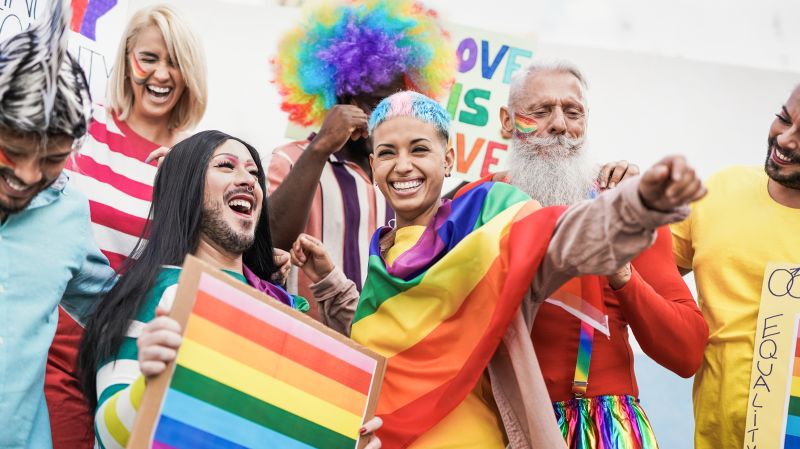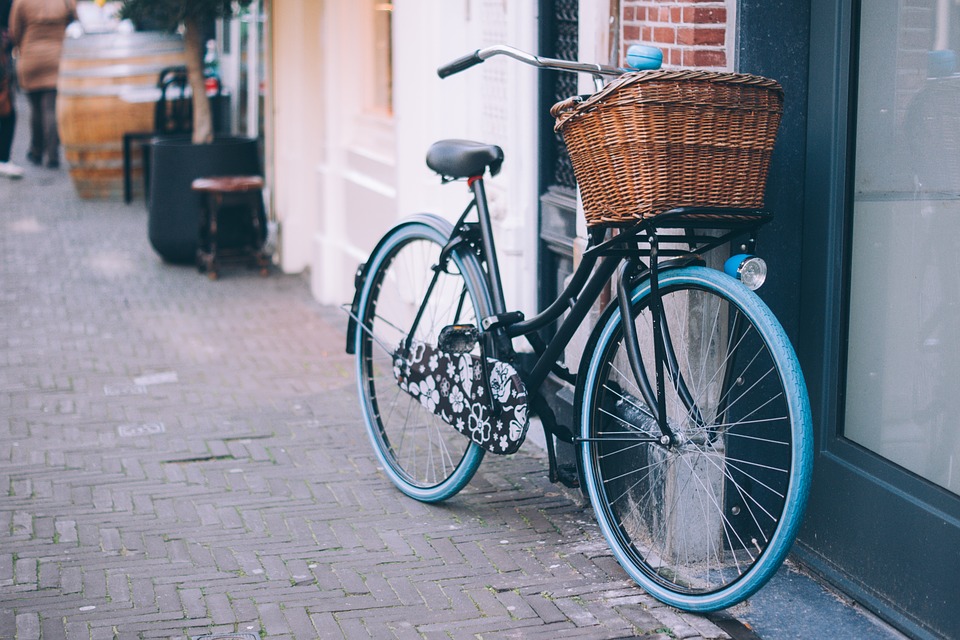The official voice for all student affairs at Freie Universität Berlin is the AStA, which stands for Allgemeiner Studierendenausschuss (General Student’s Committee). As far as lgbtqia+ rights and issues are concerned, the AStA combines two departments: the Department of Queers and the Department of [LesBiTransInterA]*.
The Department of Queers represents all gay, bisexual, trans*, inter* and queer students and organizes events such as lectures, pub crawls and movie nights, and also has opening hours, where you can get information about gbtq+ living in Berlin and support should you encounter discrimination.
Where? AStA FU Berlin, Otto-von-Simson-Str. 23, 14195 Berlin
Consulting Hours? Tue 4pm - 5pm, Thurs 2pm - 3pm
Email: queer {at} astafu.de
For lesbian, a-/bi-/poly-/pan-sexual women, trans*, genderqueer and intersex people the AStA offers the Autonome [LesBiTransInterA]*-Referat, which is situated in the attic of the AStA Villa. Casual meet-ups (excluding cis-men) provide a safe space for exchanging views about life, experiences at university and addressing lesbian, gender/queer, trans and intersex issues. The office regularly organizes networking meetings, communal breakfasts and various events relating to queer topics (for instance movie nights). The pink office also has a queer feminist library that you can check out (most books are in German though).
Where? AStA FU Berlin, Otto-von-Simson-Str. 23, 14195 Berlin Consulting Hours? Tue 4pm - 5pm, Thurs 2pm - 3pm Email: lesbitransintera (at) astafu.de
FYI: The main reason for the separation of the two offices is to make sure to provide a save space for every one, presuming that each community has different thematic focuses. Although the offices are separated, both clearly speak out against any form of heteronormativity and transphobia/homophobia. They both demand visibility of intersexual and genderqueer people, gay, lesbians and trans people in all areas of life, including life at the university, of course.
If you would like to get involved or just stop by for coffee, feel very free to.



